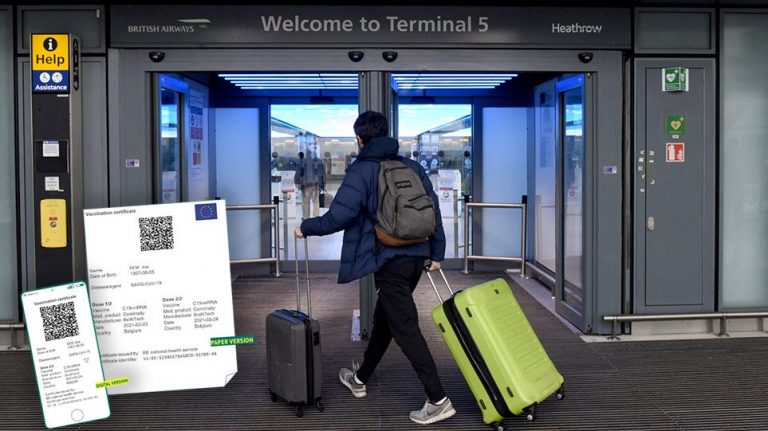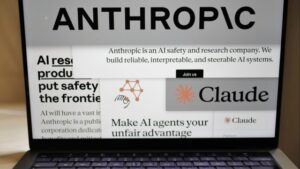The European Commission officially adopted the proposal of Kyriakos Mitsotakis for the approval of the “green” digital vaccination certificate, as the President of the European Commission, Ursula von der Layen, presented the European initiative to ensure the fastest possible free movement between the Member States.
The Digital Green Certificate will serve as an assurance that a person has been vaccinated against COVID-19, received a negative test result, or recovered from COVID-19. It will be available, free of charge, in digital or paper format. It will include a QR code to ensure the security and authenticity of the certificate.
The EU’s vaccine passport – officially called Digital Green Certificate – will be free of charge, bilingual, interoperable, secure, non-discriminatory, and available in digital and physical format via QR code.
Its goal will be to facilitate “safe and free movement” inside the EU during the pandemic.
The Digital Green Certificate will comprise three distinct certificates:
Vaccination certificates, stating brand of the vaccine used, data and place of inoculation, and number of doses administered.
Negative test certificates (NAAT/RT-PCR test or a rapid antigen test).
Medical certificates for people who have recently recovered from COVID-19.
What about the EMA-approved stipulation?
The vaccination certificates will be based on jabs approved by the European Medicines Agency (EMA). But, in a very important clarification, the Commission said that individual member states could decide whether or not they accept vaccines that EMA has not yet green-lighted. Countries like Hungary are already deploying shots from Sputnik V, from Russia, and Shinopharm from China.
“Where member states accept proof of vaccination to waive certain public health restrictions such as testing or quarantine, they would be required to accept, under the same conditions, vaccination certificates issued under the Digital Green Certificate system,” the Commission said in a statement.
“This obligation would be limited to vaccines that have received EU-wide marketing authorisation, but member states can decide to accept other vaccines in addition.”
The instrument will be valid in all EU countries and will be open for Iceland, Liechtenstein, Norway as well as Switzerland. It will be issued to EU citizens and their family members, regardless of their nationality.
Additionally, non-EU nationals who reside in the bloc and visitors who have the right to travel to other member states will also be allowed to apply for the certificate.
source euronews.com
also read
AstraZeneca Suspension Sets Back Europe’s Vaccine Rollout (infographic)
Ask me anything
Explore related questions





